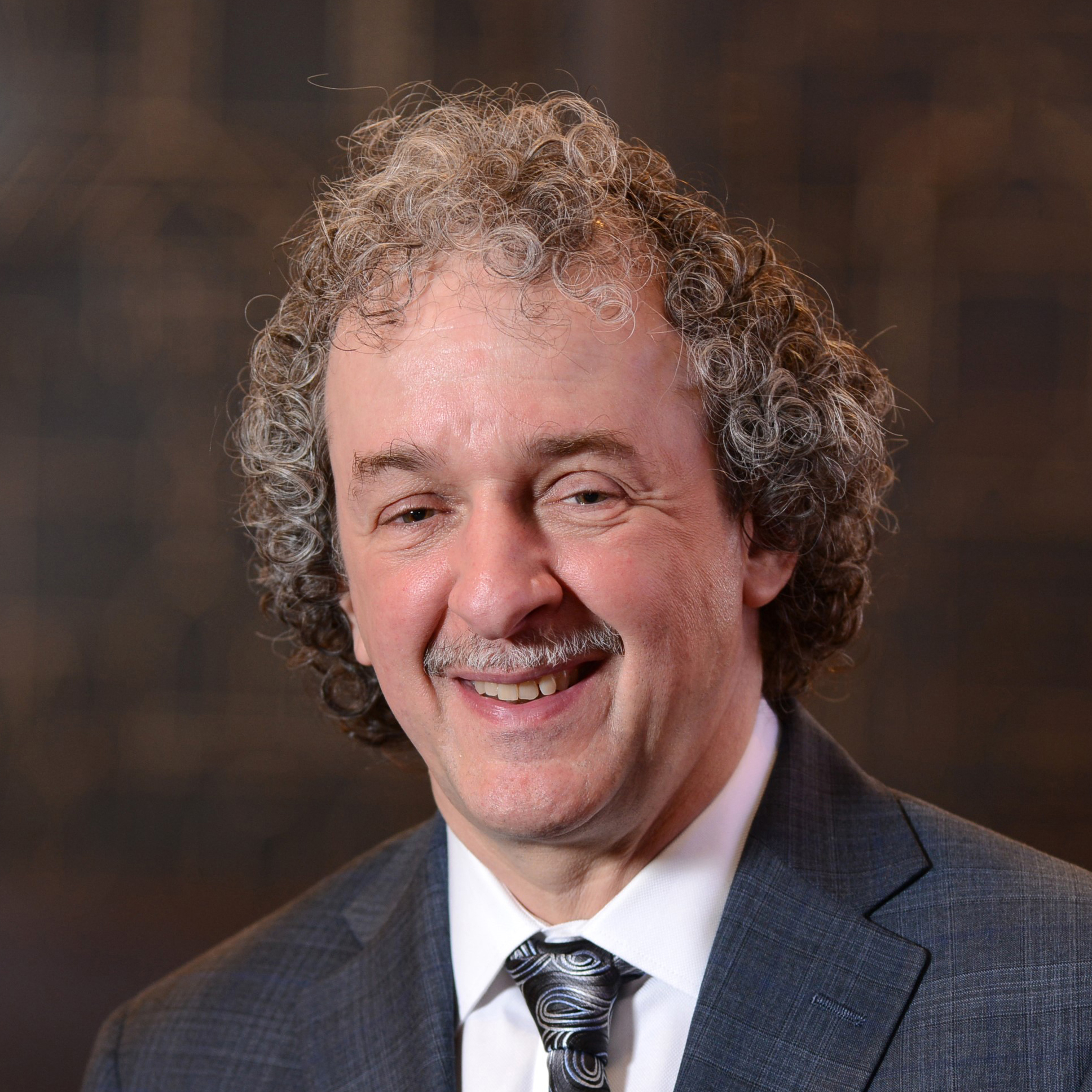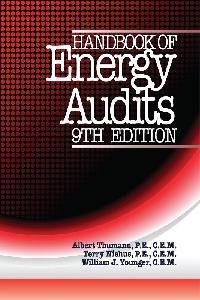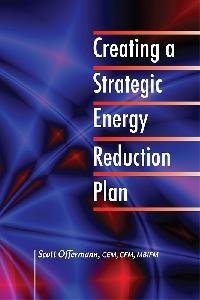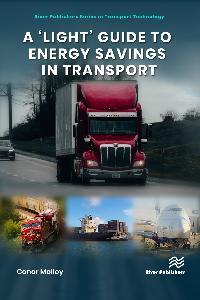
Certified Energy Auditor (CEA) Training Program | January 2025
- Registration Closed
Course Information
| January 27-31, 2025 |
| 3.2 CEU |
Pricing
Ends at 11:59 PM EST 8 business days prior to training start.
Non-Member | $2,345
AEE Member | $2,100
Late Registration
Begins 12:00 AM EST 7 business days prior to training start.
Non-Member | $2,445
AEE Member | $2,200
Registration closes on the training start day of class at 8:00 AM EST or if course reaches capacity.
Course Description
This training program is designed to provide attendees an in-depth and technical review of energy auditing, including water usage in a facility. Over four days, our professional instructors will guide you through the principles and practices of greatest relevance and practical value.
Who Should Attend
The program is of greatest value to those undertaking or assessing energy auditing projects. Obtaining AEE’s CEA certification provides international credibility among energy management, sustainable and clean energy communities. Attendees of this program have included existing energy professionals, energy engineers, energy managers, facilities managers, and energy consultants.
Schedule
Daily Breaks Days 1 - 4 : AM Break (15 min) | Lunch Break (1 hr) | PM Break (15 min)
Please see the "My Learning Schedule" tab for schedule information.
*Remote exams are scheduled on an individual basis. See Certification Program tab for additional instructions.
Workbook
Please verify accuracy of your shipping address during registration. Workbooks cannot be delivered to PO Boxes, and any changes to your address after your workbook has been shipped will have an associated fee attached. Shipping is only available within the 48 contiguous states (plus Washington DC), workbooks are expected to arrive at the address provided during registration within 14 days of the course start date.
If you have already registered for this training and need to update your address, send an email to training@aeecenter.org with your revised address details.
Section 1: Developing an Energy Audit Strategy and Plan
- Awareness of:
- Understand the goal of Energy Audits
- The major steps in the Energy Audit process
- The different audit levels
- Ability to:
- Plan for a successful audit
- Communicate the results of the Energy Audit effectively to the client
Section 2: Energy Use Analysis
- Awareness of:
- Energy forms and energy unit's conversion
- Energy rate structure and benchmarking
- Ability to:
- Analyze energy consumption for a facility
- Establish an energy balance for a facility
- Establish a consumption baseline and adjusting the baseline
Section 3: Data Collection and Analysis
- Awareness of:
- The importance of data in energy auditing process
- The different techniques to measure and analyze data
- Ability to:
- Define the necessary information to collect before and during the field visit
- Analyze the collected data to turn data into information
- Obtain an understanding of what is really driving energy consumption
Section 4: Economic Analysis
- Awareness of:
- Methodologies and tools to analyze and decide on investment projects regardless of their nature; notwithstanding, the main focus will be on energy efficiency projects
- Ability to:
- Understand the need for economic analysis and the importance of life cycle costing to assess an energy efficiency project
- Identify which cash flows (revenue and costs) should be included in the analysis
- Apply investment decision rules such as: Simple Payback Period (SPP), Simple Return on Investment (SRI), Net Present Value (NPV), Internal Rate of Return (IRR), and Saving to Investment Ration (SIR)
- Use Interest Tables and construct formulas in Excel for various financial calculations
- Conduct Life Cycle Cost (LCC) and Free Cash Flow (FCF) analysis for energy efficiency projects
- Perform a what-if analysis to understand the potential impact on the key financial indicators
Section 5: Lighting Systems
- Awareness of:
- Concepts and characteristics of energy-effective lighting design
- Ability to:
- Identify typical lighting energy conservation opportunities
- Demonstrate lighting economics calculations and relationships
Section 6 - HVAC Systems
- Awareness of:
- Types and functions of HVAC systems and equipment: Chillers, Cooling Towers, Adiabatic Fluid Coolers, Pumps, Water Distribution, Condensing Water, Waterside Economizers, VRF, Split and Unitary, AHUs, Heat pipe, Heat recovery, Fans, In-Room Terminal
- Vapor Compression Cycle and HVAC efficiencies (COP, EER)
- Piping arrangements for chilled water and or refrigerant systems
- Psychrometric processes
- ASHRAE 62, Outdoor Economizers, Demand Control Ventilation, and Filtration Systems and Standards
- Ability to:
- Identify energy efficiency measures (EEMs)
- Evaluate O&M characteristics and opportunities
- Calculate energy savings
- Investigate the existing system and determine the opportunities to improve performance
Section 7: Domestic Hot Water and Water Conservation
- Awareness of:
- Understand how DHW/SHW is produced, distributed and utilized
- Know the efficiency improvement opportunities available in DHW/SHW systems
- Ability to:
- Identify potential EEMs
- Compute impacts of the EEMs
Section 8: Motors, VFDs, and Compressors
- Awareness of:
- Electrical Fundamentals
- Types of Motors
- Energy Savings Measures for Motors
- What is Power Factor and why does it matter?
- Value of Variable Speed Drives (VFDs)
- Types of Air Compressors and Energy Savings Opportunities
- Ability to:
- Determine the appropriate energy strategy for motors and compressors
- Calculate energy savings amounts
Section 9: Building Envelope
- Awareness of:
- Building Envelope terminology
- Heat transfer mechanisms
- Sources of heat loss/gain that affect buildings heating and cooling loads
- Ability to:
- Calculate heat loss/gain through walls
- Find and calculate R and U values
- Calculate seasonal heat loss/gain through a building
Section 10: Building Automation and Energy Management Systems
- Ability to:
- Distinguish and classify automation and control systems
- Investigate the systems operation
- Recommend performance improvements
Section 11: Alternative Generation and Energy Storage
- Awareness of:
- Understand the various alternative energy generation technologies available for behind-the-meter applications
- Be knowledgeable with regards to the various methods to store energy, and where an Energy Auditor may suggest such a system
- Ability to:
- Determine overall opportunity for alternative methods to generation and storage
Section 12: Energy in Transport
- Awareness of:
- Types of transport
- Energy consumption, cost and efficiency
- Improvements in systems
- Ability to:
- Evaluate transport system performance and efficiency
- Discuss and recommend a transport energy strategy

Fredric Goldner, CEM, CEA
Instructor
Fred has over 30 years' experience and is a nationally recognized expert in the field of energy auditing and management. He is currently involved in a wide variety of projects, including facility audits, use analyses, research, and energy master planning and program design. He is a nationally recognized expert in the area of energy auditing and management and has lead audits and audit teams for hundreds of facilities totaling tens of millions square feet. Over eight years, he conducted extensive research in the area of multifamily building DHW loads and systems. As a result, he authored a new set of DHW sizing guidelines included in the ASHRAE Handbook and the ASPE DWH Design Manual. He is also an adjunct professor at the Center for Energy Policy & Research at NYIT. Over the past thirty years, Fred has taught over 13,000 professionals and trade persons across the globe, in addition to co-authoring several publications and books, including ASHRAE's Energy Efficiency Guide for Existing Commercial Buildings: The Business Case for Building Owners and Managers. Fred served as International President of AEE in 2003, has received many awards for his work, and was inducted into the Energy Managers Hall of Fame in 2007 for his lifetime of achievement in promoting the practices and principles of Energy Management.
Fred sits on numerous engineering, and industry committees and boards, including AEEs Certified Energy Manager Board and is one of the authors of the recently released ASHRAE Energy Audit Standard. Fred also remains an active member of the New York Chapter AEE Board of Directors. Visit emra.com to learn more.

Clint Christenson
Instructor
Clint is currently a consultant and instructor providing optimization services for industrial, commercial and institutional customers. He previously served as Senior Buildings Engineer for Pacific Northwest National Laboratories, Senior Energy Engineer with NORESCO, Inc., the Director of Advanced Solutions for Johnson Controls, Inc., and Director of Oklahoma State University's Industrial Assessment Center. Throughout his 25 year career in energy management, Clint has conducted over 150 industrial, commercial, and institutional energy surveys. He is also widely published in the energy field and has made numerous presentations at national and international conferences.
Certification Program
This training program prepares attendees to take the Certified Energy Auditor (CEA) exam. Please review the requirements for certification on the Becoming a CEA page. A separate certification and application fee applies.
Registering for the training does NOT register you for the certification exam. To take the exam, you must register for the exam and pay a separate fee. Attendees are encouraged to complete a certification application 4 weeks prior to taking the exam.
After you submit the certification application, you will receive an email confirmation letter from AEE within 4-weeks. Any additional questions about the CEA exam, certification eligibility, scheduling, or the application process can be directed to our CEA Certification Director, Francine Seskin, francine@aeecenter.org.
For additional information, visit the links below.
Key:
Reference Books
The following books are suggested reference books and printed copies are available through the AEE Bookstore. AEE members receive an 15% discount on printed books. Reference books are not required and are intended to help prepare for a training course and exam.
Digital copies of these books are available through the AEE eLibrary, which is a great resource for accessing searchable content as well as highlighting and taking notes. The eLibrary is available to AEE members for the low discounted price of $35 per year. Digital books cannot be printed or accessed during the certification exam.
If you’re an AEE member, add the eLibrary subscription to your membership here.
If you’re not a member, join AEE here and add the eLibrary subscription to your membership.




Public Training Program Participant Transfer & Cancellation Policy
The following terms and conditions apply to Participants who register for training programs with the Association of Energy Engineers, Inc. (AEE). All requests for transfers, substitutions, or cancellations must be submitted via email to the Training Department at training@aeecenter.org; by registering for a course, you agree to these terms and conditions.
Transfer Policy
In-Person OR Virtual OR Online
- Registration fees can be transferred to another public course offering, or
- Registration can be substituted with another person who is interested in taking the course; any cost increased differences plus associated transfer fees must be paid for by the registrant -- AEE will not refund fee transfer cost differentials.
- Transfer options expire one year from the original registration order date.
- Registrants who request a refund or transfer after the course start date must submit supporting documentation of extenuating circumstances preventing attendance – including first day no show. All documentation will be evaluated and the decision will be communicated in writing.
- Registrants who fail to provide supporting documentation of extenuating circumstances preventing attendance, are ineligible for a refund or transfer.
- Registrants who request a refund or transfer before the course start date must submit email request at training@aeecenter.org 14 days before the course’s start date.
- There is a $200 transfer fee.
On-Demand
- Registrants who enroll in on-demand courses are not eligible to transfer out of the on-demand course and into another.
Cancellation Policy
In Person OR Virtual OR Online
- Registrants who cancel 21 days or more before the start date are eligible for a refund minus a $200 cancellation fee.
- Registrants who cancel 20 days or less before the start date, or who are no-shows are ineligible for a refund.
On-Demand
- Registrants who enroll in on-demand courses are ineligible to receive a refund or cancel their registration.
If there are changes to a training program that are outside of AEE’s control (including, but not limited to, instructor illness, acts of terrorism, acts of God, war, civil disturbances, declaration of national emergency, accidents or labor disputes, fire, flood, storms etc.), participants will be notified as soon as possible, and AEE’s liability will be limited to the reimbursement of the training program registration fee.
Updated January 6, 2025


